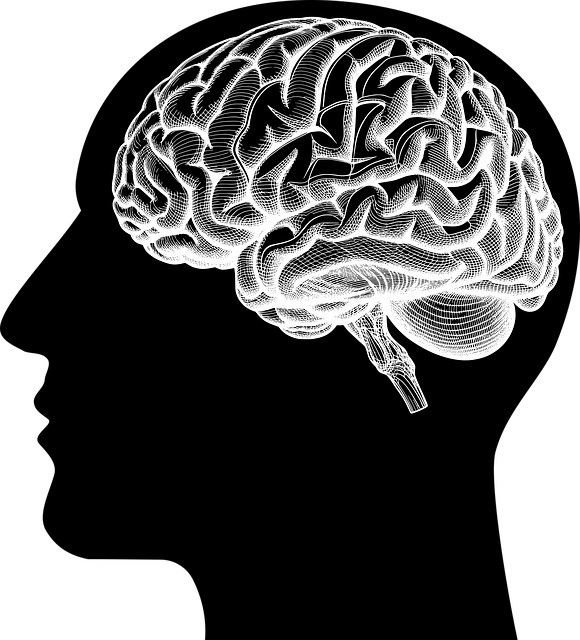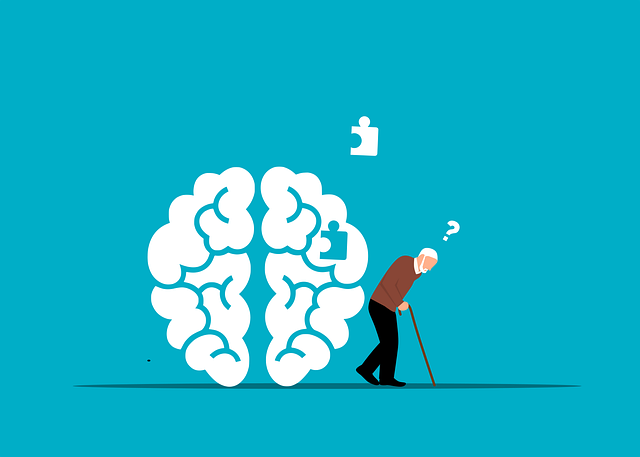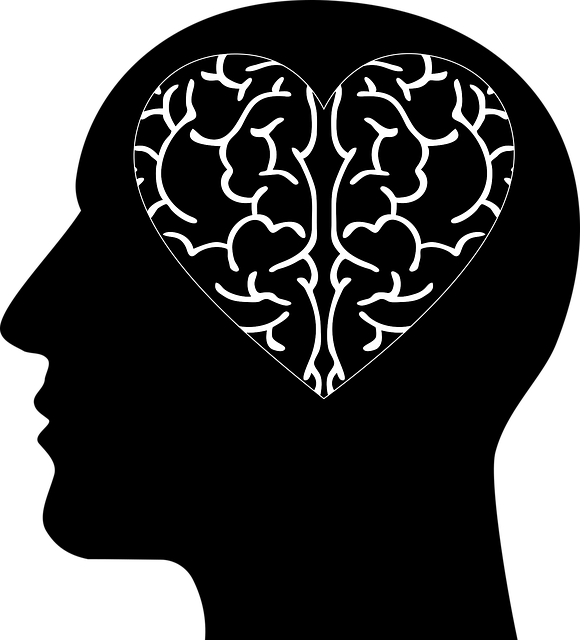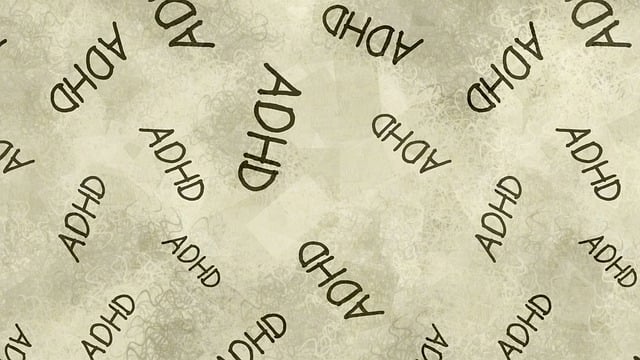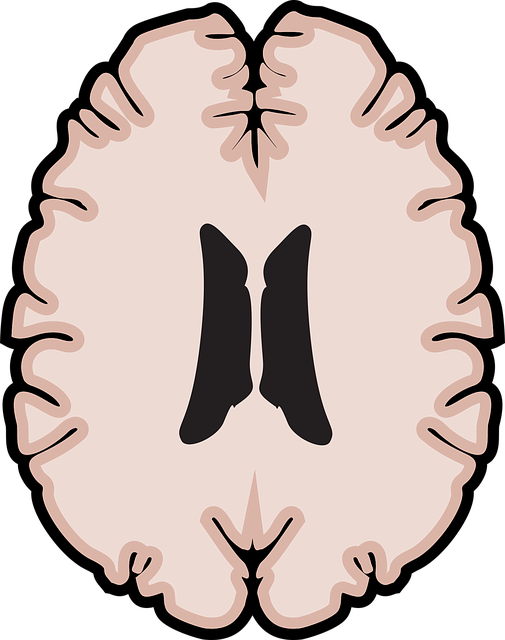Aurora Domestic Violence Therapy revolutionizes mental health care by tackling stigma through education, compassionate practices, and community engagement. They offer a safe space for individuals dealing with domestic violence-related issues, promoting holistic recovery and early intervention for conditions like depression, anxiety, and trauma. Through Mood Management, Self-Care, and Social Skills Training, Aurora empowers clients to navigate their mental health journeys resiliently, ensuring accessible, stigma-free care for all.
Mental illness stigma remains a significant barrier to those seeking help. This article explores targeted efforts to reduce this hindrance, focusing on understanding its profound impact on mental health-seekers’ journeys. We highlight innovative approaches like Aurora Domestic Violence Therapy, which offers safe, non-judgmental spaces. Additionally, we discuss educational initiatives aimed at myth-busting and fostering empathy, as well as the power of community engagement in building support networks for recovery.
- Understanding Stigma: Its Impact on Mental Health Seekers
- Aurora Domestic Violence Therapy: A Safe Space Free from Stigma
- Educational Initiatives: Dispelling Myths and Promoting Empathy
- Community Engagement: Building Support Networks for Recovery
Understanding Stigma: Its Impact on Mental Health Seekers

Stigma surrounding mental illness can have a profound impact on individuals seeking support and treatment. It often acts as a barrier, deterring people from reaching out for help. Many struggle with feelings of shame and fear of judgment, which can lead to delays in accessing critical care. This is especially true for those dealing with conditions like depression, anxiety, or trauma, where early intervention is vital. The consequences are severe; unaddressed stigma can result in increased isolation, reduced treatment adherence, and even suicide ideation.
At Aurora Domestic Violence Therapy, we recognize the power of understanding and empathy in combating this issue. By educating communities about mental health and promoting conversations that challenge stereotypes, we aim to foster an environment where emotional well-being is prioritized. Adhering to Mind Over Matter principles, our therapy services provide a safe space for individuals to heal from trauma and embrace holistic recovery techniques. Through Emotional Well-being Promotion Techniques, we empower clients to navigate their mental health journeys with resilience and support, ultimately reducing the impact of stigma.
Aurora Domestic Violence Therapy: A Safe Space Free from Stigma

Aurora Domestic Violence Therapy stands out as a beacon of hope for those navigating mental health challenges, especially in the context of domestic violence. This therapeutic space is meticulously designed to be a safe haven where individuals can heal and recover free from the burden of stigma often associated with seeking help. By fostering an environment that prioritizes confidentiality and non-judgmental support, Aurora Domestic Violence Therapy empowers clients to take charge of their mental well-being.
The program offers a comprehensive approach to addressing mental illness, incorporating effective strategies such as Mood Management techniques, Self-Care Practices, and Social Skills Training. These tailored interventions not only help individuals manage symptoms but also foster resilience, enabling them to rebuild their lives free from the shadows of past trauma. Through its dedicated team and innovative practices, Aurora Domestic Violence Therapy is revolutionizing mental health support, making it accessible and stigma-free for all who need it.
Educational Initiatives: Dispelling Myths and Promoting Empathy

Mental illness stigma reduction efforts often begin with educational initiatives aimed at dispelling myths and promoting empathy. Aurora Domestic Violence Therapy, for instance, has pioneered programs that educate communities about the realities of mental health struggles. By presenting scientific data and personal narratives, these initiatives break down stereotypes commonly associated with conditions like depression, anxiety, and psychosis. Through increased understanding, people develop a deeper sense of compassion and emotional intelligence, fostering an environment where individuals affected by mental illness feel supported rather than judged.
Furthermore, Compassion Cultivation Practices (CCPs) have emerged as powerful tools in these educational efforts. CCPs encourage active listening, mindfulness, and empathy-building exercises that can significantly reduce stigma. By cultivating emotional intelligence, individuals learn to recognize the signs of mental health issues early on and respond with understanding rather than fear or suspicion. This proactive approach, coupled with burnout prevention strategies, ensures that both those facing mental illness and those supporting them are equipped to navigate challenging conversations with resilience and care, ultimately strengthening community bonds.
Community Engagement: Building Support Networks for Recovery

In the ongoing effort to reduce stigma surrounding mental illness, community engagement plays a pivotal role in fostering support networks that promote recovery. Aurora Domestic Violence Therapy, for instance, has recognized the power of community involvement in creating safe spaces where individuals can openly discuss their experiences and challenges without fear of judgment. By integrating emotional intelligence into their therapeutic practices, therapists at Aurora encourage clients to build resilience through understanding and managing their emotions effectively. This approach not only enhances mood management but also equips individuals with valuable skills for navigating stressful situations.
Community engagement initiatives aim to destigmatize mental health issues by normalizing conversations around them. Through support groups, awareness campaigns, and educational programs, communities can dispel misconceptions and offer tangible assistance to those in need. By fostering an environment of empathy and understanding, these efforts enable individuals to access the resources they require for improving their emotional well-being, be it through stress management techniques or specialized mood management therapies like those offered by Aurora Domestic Violence Therapy.
Mental illness stigma reduction is a multifaceted approach that involves understanding its profound impact on those seeking mental health support. Initiatives like Aurora Domestic Violence Therapy play a pivotal role in creating safe spaces free from stigma, fostering trust, and encouraging vulnerable individuals to seek help. Educational programs aimed at myth-busting and promoting empathy further break down barriers. Engaging communities to build support networks for recovery is essential for creating a more inclusive society where everyone can access the care they need without fear of judgment.
